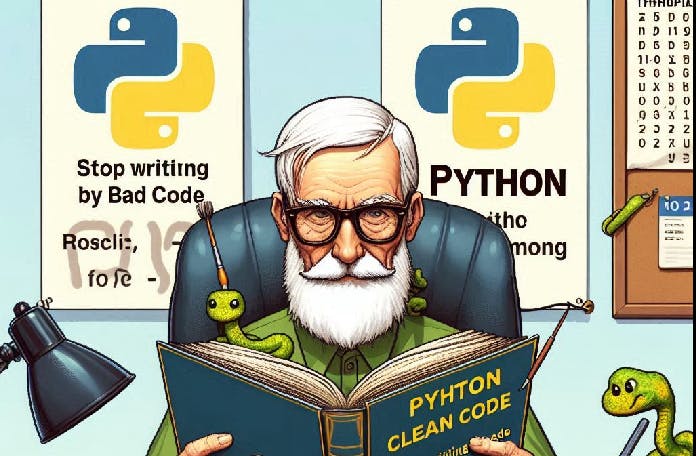696 reads
Clean Code for Python – Stop Writing Bad Code
by
September 9th, 2024
Audio Presented by

Developer & PhD Researcher in AI · 18+ Years in Web, Data & Growth · Helping Developers Work Smarter with AI
Story's Credibility

About Author
Developer & PhD Researcher in AI · 18+ Years in Web, Data & Growth · Helping Developers Work Smarter with AI
